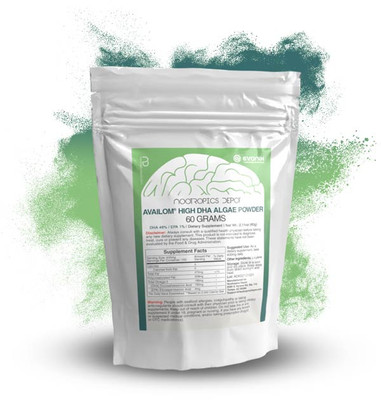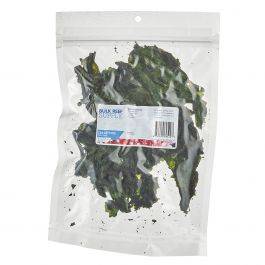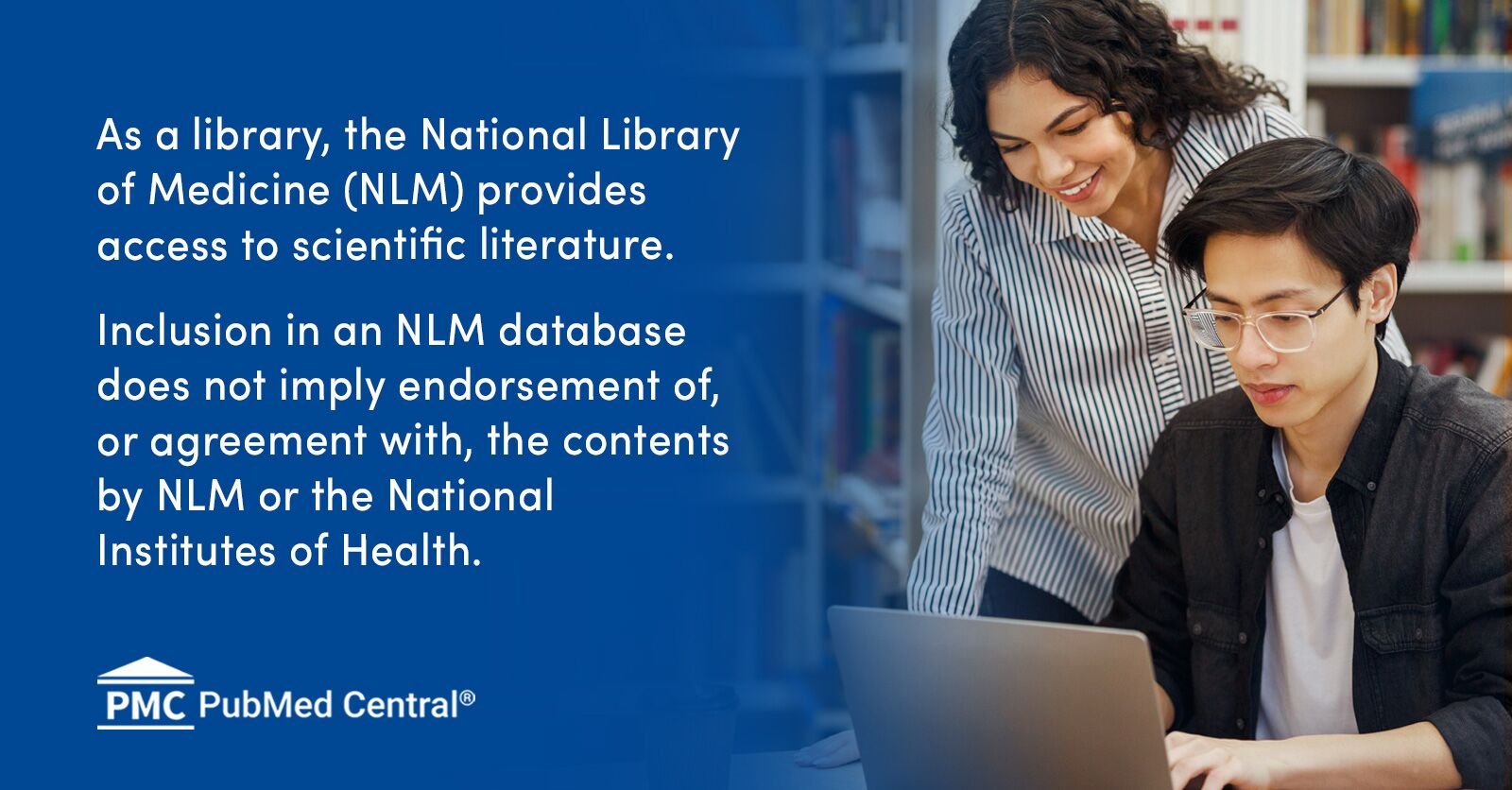I'm aware there is some debate over whether we really need to add DHA into our diets vs getting ALA omega 3's from common vegan foods like walnuts, but DHA supplementation also seems to have many credible sources that claim it is beneficial. Consequently, something I read lately drew my interest... apparently there are a couple types of seaweed that contain naturally occurring DHA despite being whole foods and also vegan -- with no pill supplements required. However, they appear difficult to find.
I first heard about this here:
After searching for seaweed that contains DHA for a while on Bing, I managed to find this:
The same "Seafood Nutrition" website above has the following comment of interest on the article (from user "Josh"):
The same "Seafood Nutrition" website replied to the comment from Josh by agreeing that this type of seaweed is "hard to come by" in the US with little further explanation given, suggesting instead that vegans get their DHA from the usual algae oil DHA pills for vegans.
However, I have a problem with this... every vegan DHA oil pill I've come across contains some amount of sunflower oil... however small it may be, and this is one particular ingredient that seems to have caused several people in my family issues with vomiting and diarrhea in the past whenever a frozen dinner or processed food item that contains this ingredient is accidentally consumed. Therefore, I'm interested in these types of algae (especially seaweed -- because I love Asian food) that have naturally occurring DHA.
Does anyone know anything about these types of seaweed and algae that contain DHA and where you can buy them? (Again, I'm asking for information about whole vegan foods here - not pills or supplements). I called some local Asian markets that typically seem to have selections of seaweed and couldn't find them.
Are they typically only sold in certain regions (I'm guessing Japan maybe)?
EDIT: Asking for whole vegan foods that are DHA sources and thought the above info might help in tracking down useful information. Not looking for any type of pill at this time.
I first heard about this here:
Source: Hazards of Eating Nori Seaweed | Livestrong.com"While is it commonly found in seafood products, such as salmon, mackerel, tuna and sardines, seaweed is a vegetarian source of DHA."
After searching for seaweed that contains DHA for a while on Bing, I managed to find this:
Source: Seafood for Vegans? A Dive into Seaweed and Algae"In order to get vegan-sourced docosahexaenoic acid (DHA) omega-3s, you can look for some very cold-water harvested algae"
The same "Seafood Nutrition" website above has the following comment of interest on the article (from user "Josh"):
"I am curious if you have a source for the fact about Seaweed being “an important source of DHA” in the article linked below. I looked it up on pubmed and while two types of seaweed contain DHA (sargassum and ulva), the former kind is inedible and the latter is rare and hard to find in an edible form (“sea lettuce”). Asking because I’m vegan and trying to see if I can get DHA from food sources."
The same "Seafood Nutrition" website replied to the comment from Josh by agreeing that this type of seaweed is "hard to come by" in the US with little further explanation given, suggesting instead that vegans get their DHA from the usual algae oil DHA pills for vegans.
However, I have a problem with this... every vegan DHA oil pill I've come across contains some amount of sunflower oil... however small it may be, and this is one particular ingredient that seems to have caused several people in my family issues with vomiting and diarrhea in the past whenever a frozen dinner or processed food item that contains this ingredient is accidentally consumed. Therefore, I'm interested in these types of algae (especially seaweed -- because I love Asian food) that have naturally occurring DHA.
Does anyone know anything about these types of seaweed and algae that contain DHA and where you can buy them? (Again, I'm asking for information about whole vegan foods here - not pills or supplements). I called some local Asian markets that typically seem to have selections of seaweed and couldn't find them.
Are they typically only sold in certain regions (I'm guessing Japan maybe)?
EDIT: Asking for whole vegan foods that are DHA sources and thought the above info might help in tracking down useful information. Not looking for any type of pill at this time.
Last edited:






